Iran lauds Iraq for promoting regional dialogue after Biden's failed West Asia tour
Iranian Foreign Minister Hossein Amir-Abdollahian has commended Baghdad for its role in promoting dialogue in West Asia with the aim of enhancing security and stability in the region.
In a phone call with his Iraqi counterpart Fuad Hussein on Sunday night, Amir-Abdollahian appreciated the “constructive” role of Iraq in advancing regional dialogue.
The two sides also discussed bilateral ties and regional issues, including the Tehran-Riyadh talks, according to a readout of the conversation released by the ministry on Monday morning.
Since April 2021, Iraq has hosted several rounds of tension-easing talks between the two regional states in a bid to repair their fractured ties.
Despite progress claimed by both the sides, no significant breakthrough has been achieved so far.
Saudi Arabia severed diplomatic relations with Iran in January 2016 after Iranian protesters, enraged by the Saudi execution of prominent Shia cleric Sheikh Nimr Baqir al-Nimr, stormed its embassy in Tehran.
The kingdom then pursued a confrontational foreign policy toward the Islamic Republic, especially during the US administration of Donald Trump, with whom the Saudi rulers shared close ties.
In the phone call, Hussein vowed that his country will continue its efforts to enhance peace and stability in the region.
The Iraqi foreign minister also briefed Amir-Abdollahian on Iraq’s participation in the Jeddah summit, saying the Iraqi government conducted talks on regional cooperation in the meeting.
The summit, hosted by Saudi Arabia, was held on Friday with the participation of all Persian Gulf Cooperation Council (GCC) countries plus Egypt, Jordan, and Iraq – also known as GCC+3.
US President Joe Biden and other US officials also traveled to the kingdom to attend the regional summit, which was ostensibly aimed to build an anti-Iran front, with Biden accusing Iran of “destabilizing activities” in West Asia.
The much-hyped event, however, failed to garner much support from the Arab states against the Islamic Republic.
A day before the summit, Iraqi Prime Minister Mustafa al-Kadhimi stressed that Iraq will not be part of any camp or military alliance, and “will not be a base for threatening any neighboring countries.”
The UAE, a close ally of both Saudi Arabia and the US, also dismissed the idea of forming a NATO-like military alliance in the region.
“We are open to cooperation, but not cooperation targeting any other country in the region and I specifically mention Iran,” Anwar Gargash, the UAE president’s diplomatic adviser, said on Friday.
“The UAE is not going to be a party to any group of countries that sees confrontation as a direction,” Gargash added.
After the summit, Saudi Arabia’s Foreign Minister Prince Faisal bin Farhan said his country extends a hand of friendship toward Iran.
He described the ongoing talks with Tehran as “positive,” but noted that the negotiations have not reached their goal yet.
He also expressed the kingdom’s willingness to reestablish normal relations with the Islamic Republic.
In response, Kamal Kharrazi, the head of Iran’s Strategic Council on Foreign Relations, welcomed the top Saudi diplomat’s remarks on the kingdom’s readiness to have friendly ties with Iran
In an interview with al-Jazeera, Kharrazi stated that Tehran is also ready to enter into dialog with Riyadh to restore normal relations.
He stressed that Iran and Saudi Arabia are two important countries in the region and resolving their differences would lead to major changes in West Asia.
We avenge the innocent until our last breath: Iran's parl. speaker
170 students, teachers martyred in ‘deliberate’ strikes on Iranian schools: Minister
Iran’s air defense systems down six advanced Hermes drones
US defenses overwhelmed by Iran’s drone and missile barrages: WSJ
IRGC says second US THAAD anti-missile unit destroyed
CNN journalists abducted by Israel while reporting on damage from Iranian strikes
Iran denies attacks on Oman as it warns of US-Israeli ‘false-flag’ ops
Iran knows where Netanyahu convenes his meetings: Ex-IRGC chief


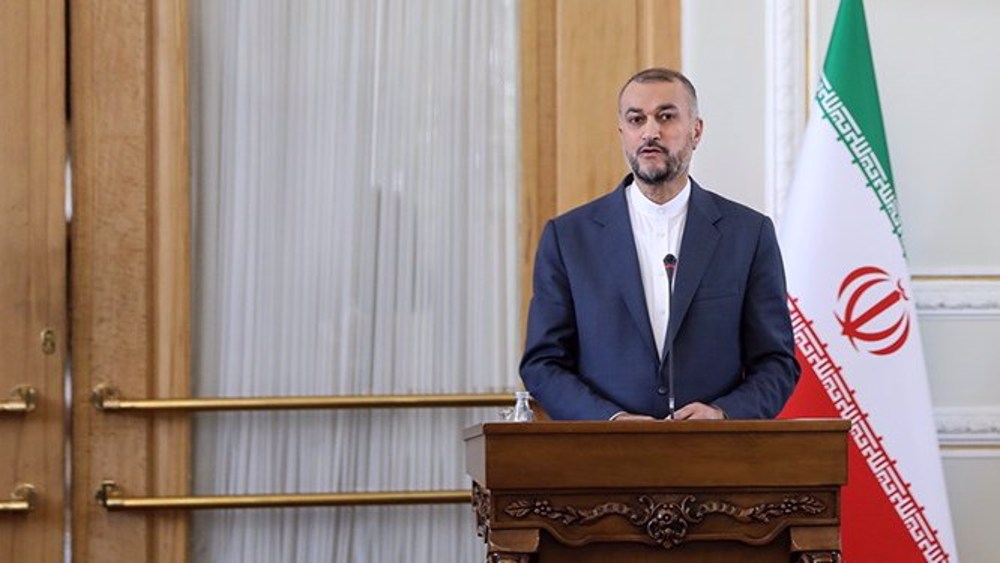
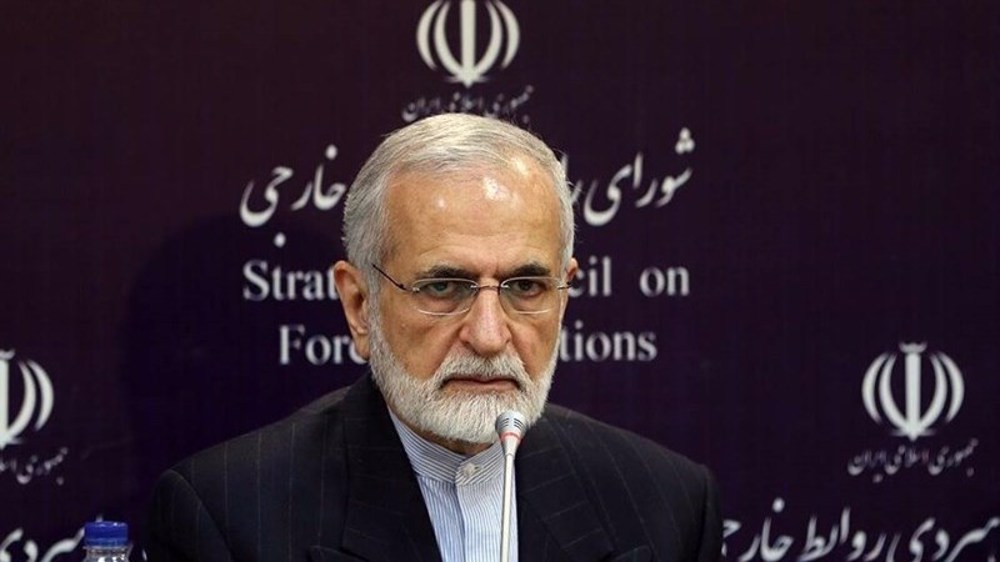
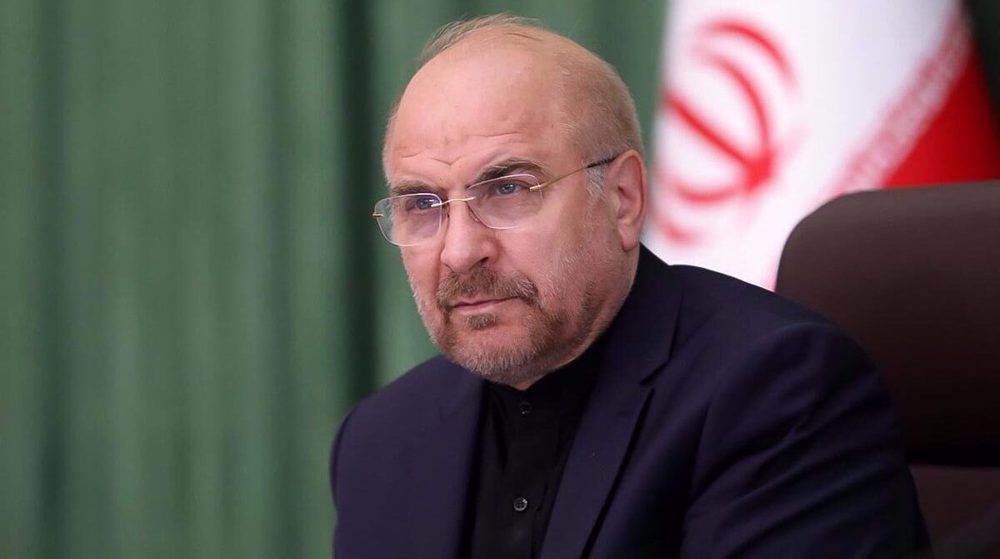
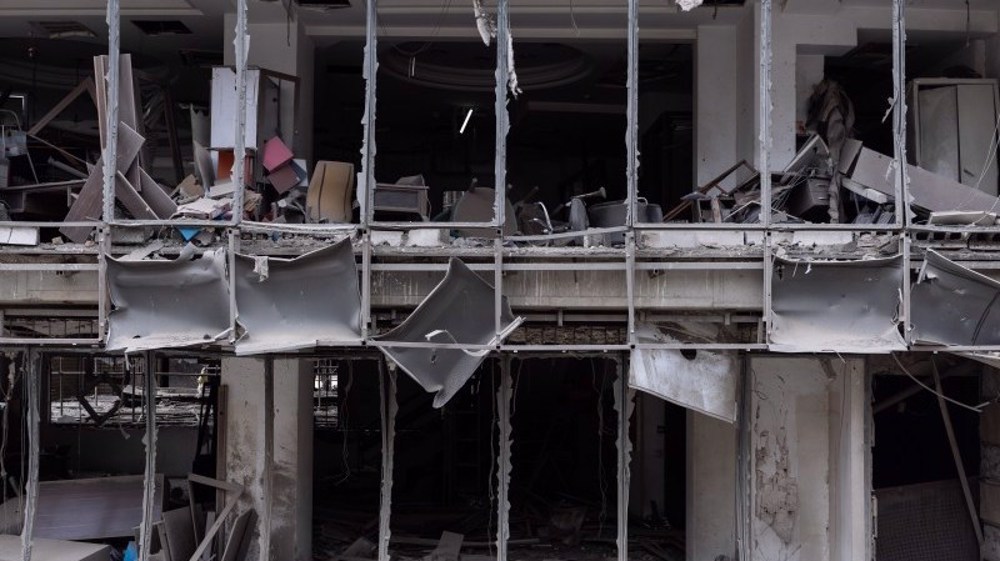
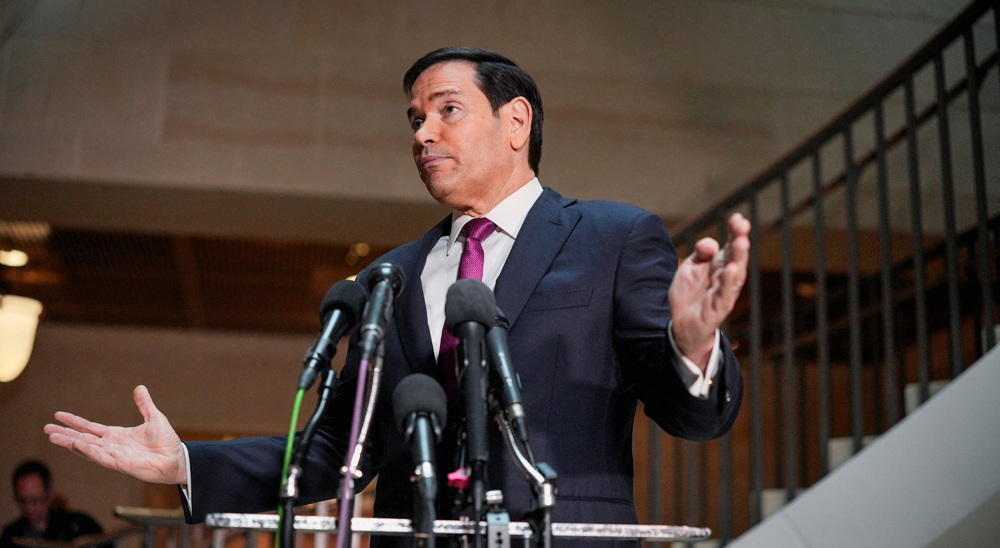



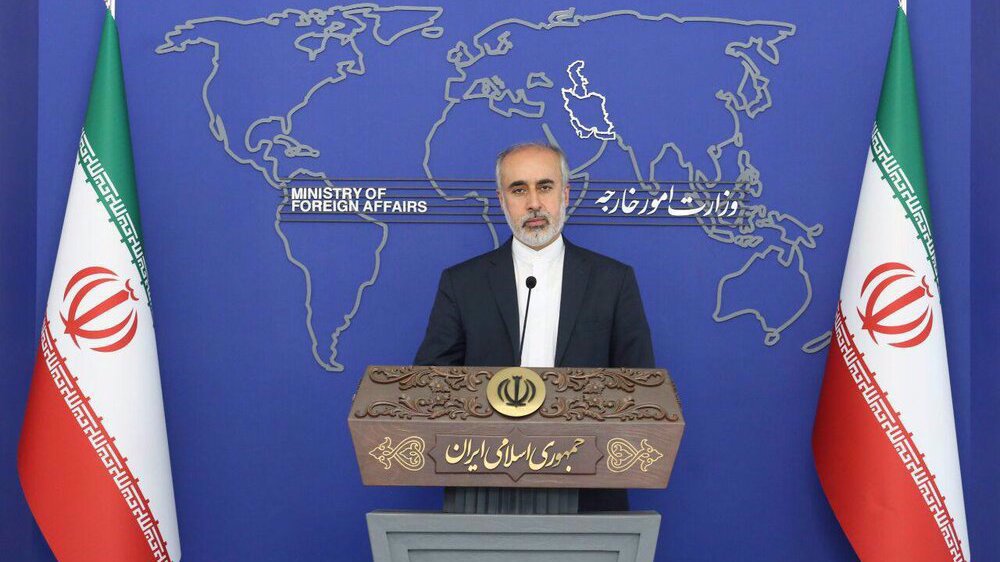
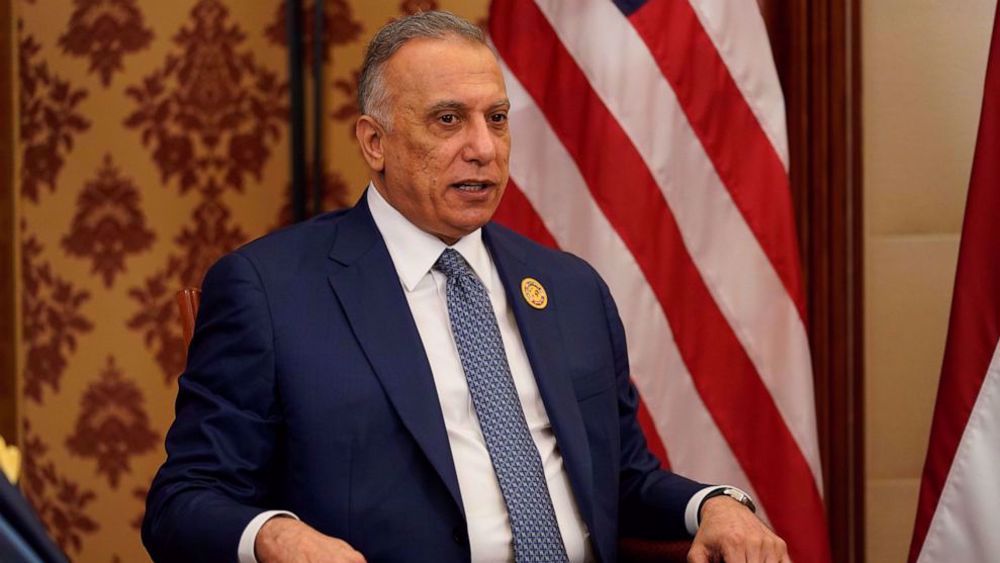
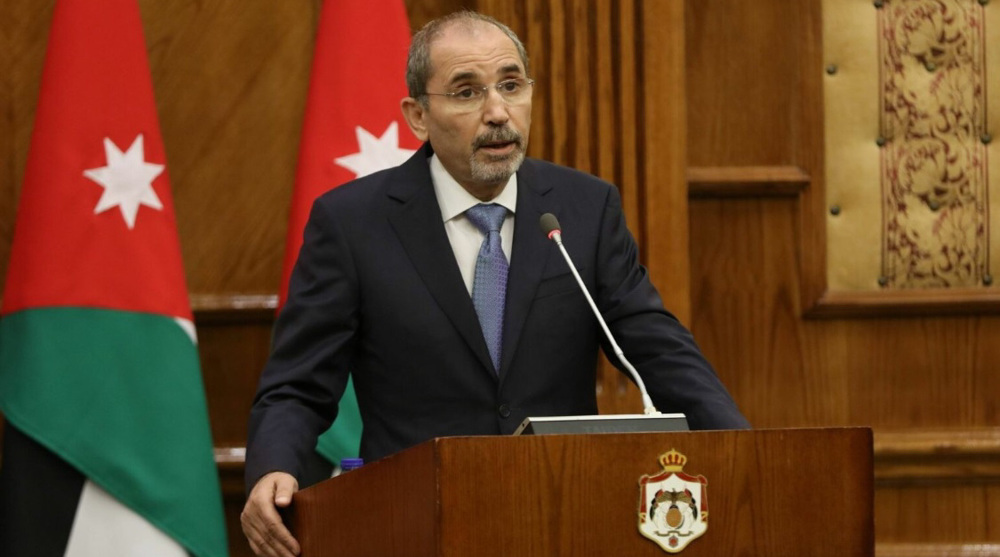
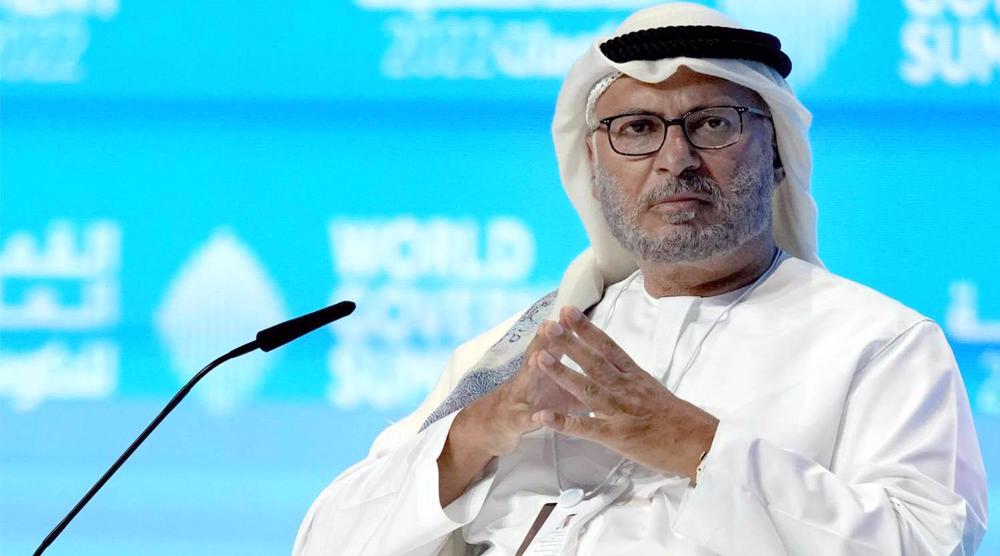

 This makes it easy to access the Press TV website
This makes it easy to access the Press TV website